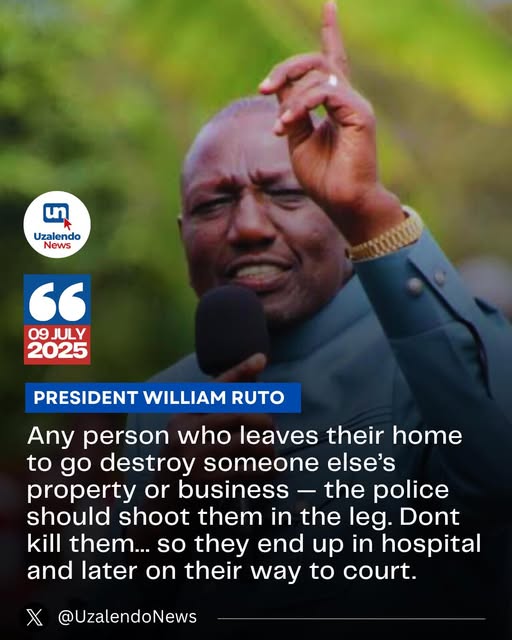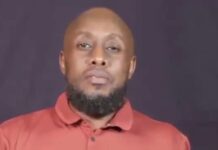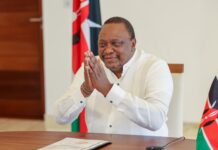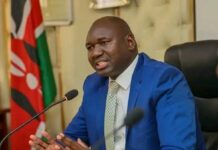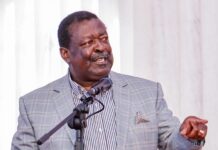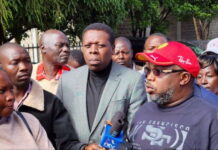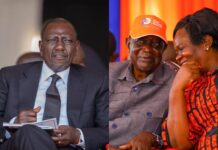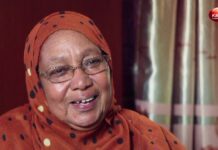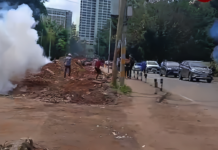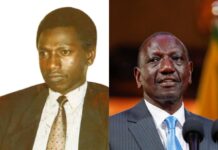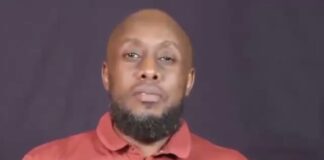President William Ruto has sparked widespread debate after instructing police officers to shoot in the leg anyone caught looting or vandalizing property during protests, saying such actions are criminal and will not be tolerated under his leadership.
Speaking on Wednesday during the commissioning of a police housing project in Kilimani, Nairobi, President Ruto said law enforcement must act firmly but not fatally.
“Anyone who burns down someone else’s business or property, let them be shot in the leg and go to hospital on their way to court,” Ruto said. “Do not kill them, but shoot and break their legs. Destroying people’s property is not right.”
The president’s remarks come in the wake of a new wave of nationwide protests, particularly the June 25 demonstrations, which have turned deadly.
Human rights groups say the police response has included live ammunition, abductions, and violent crackdowns. According to the Kenya National Commission on Human Rights, 31 people were killed and 107 injured in protests earlier this week alone.
Ruto also issued a stern warning to unnamed political leaders whom he accused of inciting violence by funding youth to attack businesses and public infrastructure.
“It is leaders financing youth to carry out those acts, and we are coming after you!” he said.
He further stated that attacks on police stations and security installations during the protests amount to terrorism and would be treated as such.
“Those who attack police stations and officers are declaring war. It is terrorism, and we will deal with you firmly. Kenya will not be governed by violence or terror,” he asserted.
The June 25 protests saw at least 16 people killed, according to Amnesty International Kenya, with widespread vandalism, looting, and arson in at least 15 counties.
Protesters torched five police stations and damaged multiple courts and county government buildings.
Ruto’s statement follows earlier comments by Interior Cabinet Secretary Kipchumba Murkomen, who told police to shoot anyone who approaches a police station.
“Why should someone trying to steal firearms be spared? Firearms are not doughnuts!” Murkomen said.
The president’s directive has drawn criticism from civil society groups and opposition leaders, who say it legitimizes excessive force and deepens the government’s crackdown on dissent. They argue that the focus should be on dialogue and justice, not retaliatory violence.
As public frustration mounts over the high cost of living and governance concerns, the government faces mounting pressure to balance law enforcement with respect for human rights and democratic freedoms.
Written By Rodney Mbua









